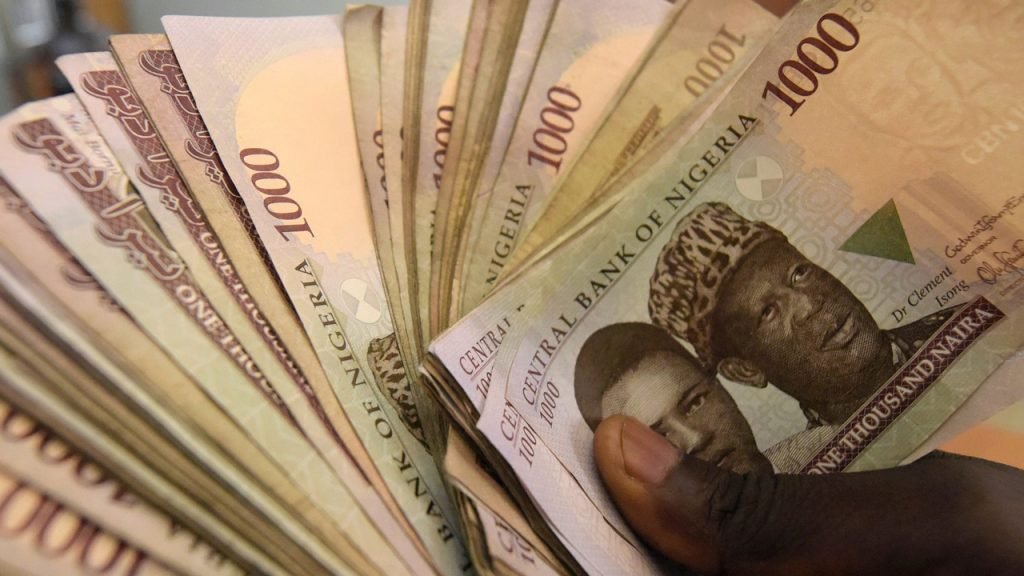
The Central Bank of Nigeria’s (CBN) October 2024 Inflation Expectations Survey (IES) has revealed a strong desire among Nigerians for lower interest rates, with 76% of respondents advocating for a rate reduction.
This sentiment emerges amidst persistently high inflation and growing financial strain on households and businesses.
The survey, conducted across Nigeria’s 36 states and the Federal Capital Territory, captured the views of 1,750 businesses and 1,665 households, providing insights into the nation’s inflation perceptions and economic outlook.
In a notable shift from previous surveys, the October report shows that 76% of Nigerians now favour an interest rate cut, up from 71.4% in September.
Only 16.5% of respondents supported maintaining the current rates, while a small minority of 7.5% called for a rate hike.
The preference for lower rates underscores the public’s concerns about high borrowing costs, which they perceive as an impediment to both consumer spending and business growth.
The mounting demand for rate cuts reflects increasing frustration with the rising cost of living and a desire for policies that foster economic relief and growth.
The survey also highlights pervasive inflation concerns, with 76.1% of respondents considering inflation to be “high.”
Households earning between N150,001 and N200,000 per month reported the strongest inflationary pressures, indicating that middle-income groups, which are typically more economically resilient, are now feeling the impact of price increases.
This trend aligns with reports of rising energy costs, which were cited as the primary inflation driver affecting household expenses and business operations.
The survey also identified transportation costs, exchange rate fluctuations, and security issues as major contributors to Nigeria’s inflationary environment.
These factors are amplifying the cost of essential goods and services, affecting households across diverse income levels and pushing public sentiment toward calls for economic relief.
The survey results revealed different inflationary perceptions between households and businesses, with households, especially those in urban areas, feeling the inflationary impact more acutely.
Among business categories, micro-enterprises reported the highest inflation perception, a reflection of the difficulties faced by small businesses in managing escalating costs.
Meanwhile, smaller businesses, particularly in rural areas, appeared less impacted, likely due to localized economic conditions that mitigate some inflationary effects.
For lower-income households, particularly those earning less than N30,000 monthly, inflation concerns are especially pronounced.
This suggests that inflation’s impact is disproportionately felt across income levels, with the poorest households struggling the most to cope with rising prices of basic goods and services.
Despite the prevailing inflationary pressures, respondents expressed cautious optimism regarding potential price stabilization. Many anticipate a moderate easing of inflation over the next six months, with businesses showing a stronger expectation of relief compared to households.
This optimism could be driven by seasonal economic adjustments, particularly in the food sector, which may offer temporary respite from the high inflation rates.
Businesses, in particular, appear hopeful for improvements, potentially tied to expected policy adjustments or favorable economic conditions.
Since the appointment of CBN Governor Yemi Cardoso, Nigeria has seen a rapid escalation in the Monetary Policy Rate (MPR), which has been raised five times this year, reaching 27.25% in September 2024 from an initial 18.75%.
These hikes, amounting to an 850 basis-point increase, reflect a strong stance on inflation control and economic stability.
However, the October survey suggests that these measures have come at a cost, leading to higher borrowing expenses for households and businesses without adequately curbing inflation.
In August 2024, Nigeria’s headline inflation rate stood at 32.15%, a slight decrease from July’s 33.40% but significantly higher year-on-year.








